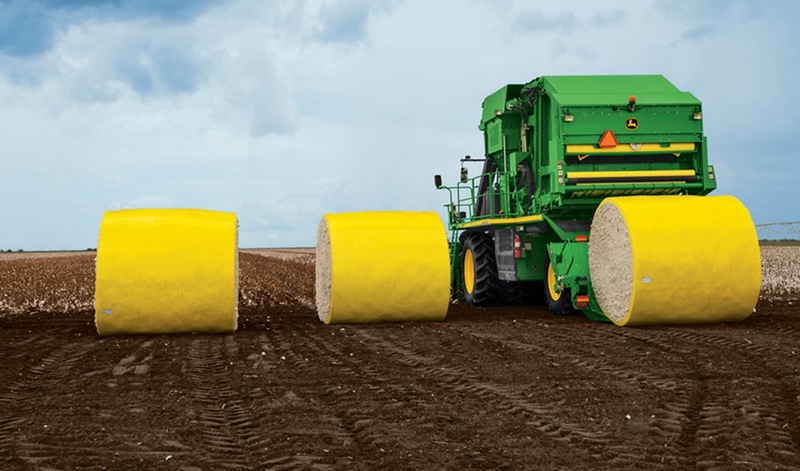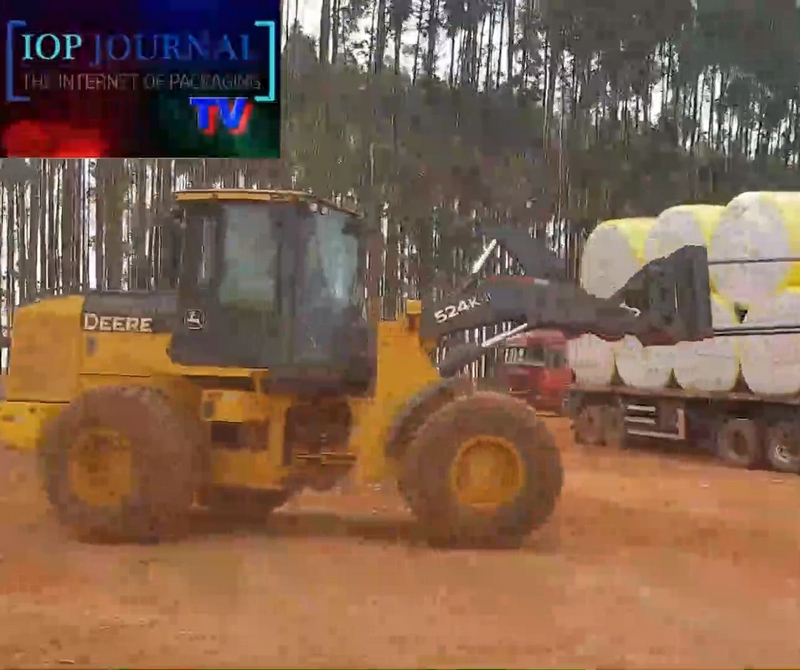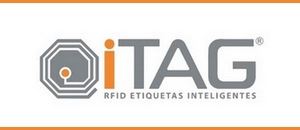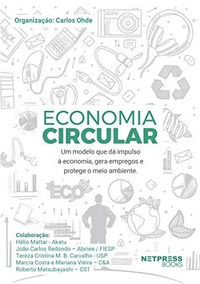Edson Perin
There is a technological phenomenon going on in the field. In November 2020, the IoP Journal Awards had the most voted project in the case of ID-Cotton, which developed a solution to trace from cotton cultivation to sustainability certification by the final consumer, including harvesting, storage, transportation and processing. Another winning case at the IoP Journal Awards 2020 was also related to agribusiness. It was Unipac‘s, that created a packaging that guarantees the authenticity of the product and its packaging proper disposal.
The two cases above were based on radio frequency identification (RFID) technology. In the case of ID-Cotton, it was UHF technology, thanks to tags embedded in the tarps used to wrap the cotton harvested in rolls over 2 meters high and weighing over two tons. The tags are already installed on the tarps at the request of John Deere, harvesting equipment manufacturer that uses tags to be able to monitor the work of the machines and automatically propose preventive maintenance.

The Unipac case is based on Near Field Communication (NFC) technology, a type of RFID, with tags that can be read by smartphones, allowing anyone with one of these cell phones to read the tag to find out if the product is original and is properly packaged, which prevents fraud and forgery. After all, many of the agricultural input pirates use discarded packaging to fill in dubious substances and sell the product as original.
Now, we publish a story in IoP Journal TV News, our video journal on Youtube, which shows a case very similar to that of ID-Cotton, carried out on a farm called Agro Crestani, in Mato Grosso, confirming that Brazil’s agribusiness is really reaping the advantages of the Internet of Packaging (IoP).
At Agro Crestani, the tarpaulin tags used to harvest cotton, with built-in RFID chips at the request of John Deere, serve to identify, track and organize crop products and their proper storage. And the farmer mentioned that one of his next activities with technology will be to identify and track packaging of agricultural inputs in order to guarantee the control and authenticity of these chemicals, in addition to promoting the correct disposal.

Another report by IoP Journal TV News reveals that a technology developed by Embrapa in partnership with the software company Siena Company allows to manage the maturity of fruits sold inside and outside Brazil. In addition, the same solution, which integrates chemical nanotechnology and tracking by QR Codes (read more New packaging solution integrates active and intelligent technologies), meets the requirements being formulated by Agência Nacional de Vigilância Sanitária (Anvisa, the Brazilian FDA) to track and locate food, which will allow, in an emergency, to quickly remove contaminated products from supermarket shelves, for example.
All of these solutions that involve RFID to QR Codes were formulated with the aim of guaranteeing a degree of authenticity and security that had been sought for many years, not only to improve processes and reduce production and distribution costs, but to value products properly by its quality and also guarantee food security and sustainability, among other benefits.



















